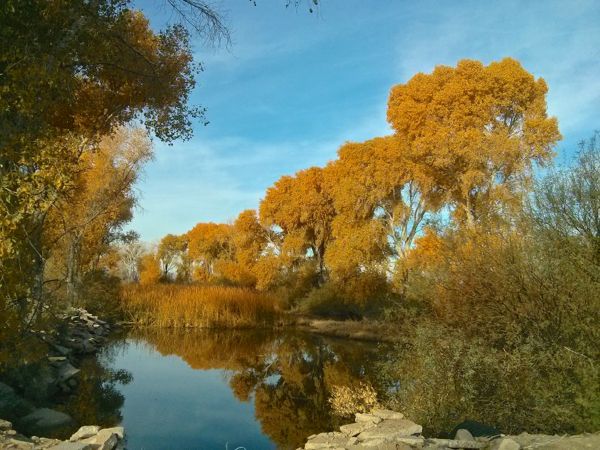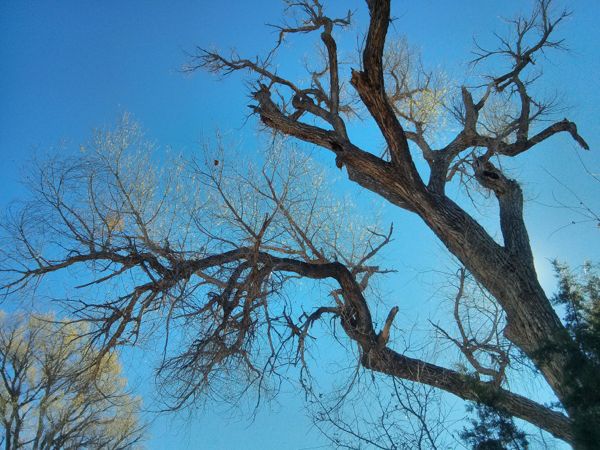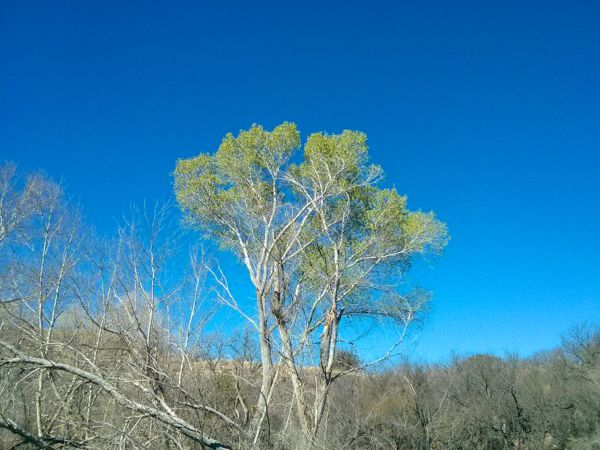Poetry is energy
 November 11, 2018
November 11, 2018 What dies before me is myself alone:
What lives again? Only a man of straw—
Yet straw can feed a fire to melt down stone.
--Theodore Roethke (1)
When the poet Theodore Roethke died, he left 277 notebooks to be archived at the University of Washington's manuscript library, which along with 8,306 loose sheets, takes up twelve horizontal-feet of library shelf-space. In those notebooks are the fuel for poems—fragments, ideas, observations, jokes, quotes, aphorisms, lists, philosophical commentary, bits of dialogue, false starts, unfinished projects, partial drafts—all in Roethke’s “favorite forms of disorganization.”
Roethke’s student and colleague at the UW, the poet David Wagoner, selected twelve of the notebooks at random from the collection and created the book Straw for the Fire by arranging selected fragments. In his introduction he says of Roethke’s process:
Roethke apparently let his mind rove freely, moment by moment in the early stages of composition, from the practical to the transcendental, from the lame and halting to the beautiful, from the comic to the terrible, from the literal to the surreal, seizing whatever he might from the language, but mulling over and taking soundings of every syllable. (2)
**********
In my own writing practice I make an attempt at some kind of order. I have kept a written journal most of my life, but with the advent of smart phones, in the past few years I have started a digital poetry notebook where I can keep poem ideas and fragments in chronological order in one place. If I think of something during the day I make a note on my phone in a note-taking app and download it later to its final resting place into a document where it “belongs”—meaning that there is some hope of finding it later. Is it a journal entry? A dream? A poem? A bird list? The start of a blog post? A letter? A book I want to read? A place to go to? All of these get recorded in separate files on my computer.
This seems like a good idea, but I find recently, especially if I have written a lot of notes, that this cataloguing makes me irritable. I have begun to feel that there is something artificial and forced about this organization. That “putting things in their place” constrains something essential.
**********
I have discovered in our travels that many small towns don’t have poetry stores. I don’t really know why; there is nothing about small towns and poetry that is incompatible. I still remember an uncle of mine—who was a farmer his whole life—reciting Milton’s sonnet on blindness to me at the dinner table before going back out to the tractor for the afternoon.
Last week we stayed in Fruita, Colorado, a small town just west of Grand Junction with a population of around 13,000. The town has a small historical main street, the usual houses and shops, the usual nimbus of small green pastures dotted with black cows. It is close to spectacular red cliffs and canyons and vast swaths of juniper and pinion pine and sage and is a popular destination for mountain bikers and hikers. Based on past experience, I would not expect to find a poetry store in Fruita.
So when I walked into town from the state park to buy a new bike tube, I thought I was just checking off a task on my to-do list. But about a block from my destination I noticed a small sandwich-board sign for Lithic Bookstore. The sign pointed toward an older building divided into offices, and once inside, another arrow pointed upstairs. This did not seem like the usual bookstore arrangement, so—intrigued—up I went.
On the second floor at the end of the hall was the doorway into the bookstore. On entering, I could feel immediately I was someplace unusual. Rocks lurked everywhere—tucked into bookshelves, hanging from the ceiling—and an array of found wood hung in graduated sizes across half the room like an oversized percussion instrument. There was also an eclectic array of art and many other artifacts—shells, mala beads, fossils. But though the room was full, it wasn’t cluttered. The bookcases were beautifully constructed and arranged spaciously in small islands. Couches and easy chairs were gathered in corners for reading or conversation.
And as I turned my attention to the books themselves, I found that the bulk of them were poetry—and a very wide-ranging collection. Sappho, Swenson, Snyder, Stafford, Stevens, Yeats, and Zukofsky. Donald Hall. Anne Carson. Gertrude Stein. Robert Duncan. Robert Bly. Adrienne Rich. Rita Dove. H.D.
Over the next few days I returned several times and heard more about the store’s origins. What came first was actually Lithic Press—the bookstore was an add-on, a way to use some extra space when the press upgraded to a larger office, and a place where they could host events.
But what really struck me was how the press was started. Its owner, Danny Rosen, began as a geologist, then moved into education, teaching geology and astronomy. Somewhere along the way he started writing poems. And somewhere along the way he met Jack Mueller.
Jack was a central figure in the post-Beat poetry scene in the Bay Area in the 70's, 80's, and 90's. He knew everyone. And everyone knew him. He wrote prolifically, read his work, created thousands of events, connected people, and in general was a firecracker in a haybarn.
Eventually Jack moved to the western front of Colorado, and that is where he met Danny. He and Danny got along great, Danny having some of that firecracker gene as well.
Danny admired Jack’s work so much that he began Lithic Press as a way to publish it. Kyle soon joined as the graphic artist. When they talk about Jack you can hear how deeply he affected them both. They have created several books of Jack’s work (as well as publishing other poets) and Kyle has created a documentary film about Jack, who passed away from cancer in the spring of 2017. Right now they are working on laying out a long sequence of Jack’s poems (they waved a stack of paper at me that was about six-inches tall) that they hope to have finished next year.
Danny walks over to the crowded desk and comes back with a large plastic container. “This is what Jack did all the time,” he says, opening the box to show me that it is stuffed full with a conglomeration of 3x5 notecards, scraps of paper, coasters, cocktail napkins—whatever was available to write on—each one with a few words on it, or a little pen sketch, or both. Evidently there are thousands of these, and this is just one box of many. “He would just be there at the table writing these things and giving them away to people. Even at the end of his life, in the hospital, up until a few days before he died, he kept doing this.” I ask if they kept the ones from the end of his life separate, and he looks at me a little sideways, like maybe I wasn’t listening. “No,” Danny says, “people just took them—people who were there with him a lot at the end. I have some. Other people have some.”
He picks up a scrap at random and reads to me. I look at the wild drawings, listen to these words reaching out to me. Even languishing in this Tupperware box they seem so alive. It feels like a box of matches—that any of them struck at the right angle and the right time could warm you for a night; or perhaps burn down the house of your life. I think of the power of his poetry (coming through his person) to start this place I am standing—press, bookstore, gallery, meeting space. Reliquary. Incendiary torch. Seed bank. Munitions depot. School of phosphorescent fish. Oasis.
And this is just one effect. How many countless others have there been? And will be?
Poetry is energy. And Jack knew this—allowed it to flow like electricity or sparks or the life in our bodies. Roethke knew this—and kept writing and writing even though he could never hope to “use” even a fraction of what he wrote. This energy could not be contained or organized (though by necessity, perhaps, we try). The best of it flowed through them, flowed out of them, and is gone, starting a few fires in its passing.
I leave Fruita with a stack of books, but most importantly with new inspiration, feeling electrified myself.
Before poetry is sound or sense, it is energy.
Let it flow.
…last night
was the first night that it came,
the distant summons, the muted cry, the call,
and my bones melted and my heart was flame,
and all I wished was freedom and to follow…
--H.D. (3)
------------
(1) p. 9, T. Roethke, (2006) Straw for the Fire: From the Notebooks of Theodore Roethke (1943-63), Edited by D. Wagoner. Port Townsend, WA: Copper Canyon Press.
(2) p. 3, Ibid.
(3) p. 61, H.D., (1972) From "Sagesse" in Hermetic Definition. New York: New Directions.
 Poetry
Poetry 


